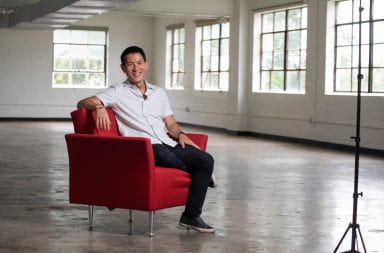Letter to the editor:
I was recently on a college news website forum, the Umass Amherst Daily Collegian, reading responses to an article about a proposed smoking ban on its campus. The responses ranged from full support to arguments about taking away people’s individual freedom, or the hypocrisy of certain school policies, etc. It was a lively exchange of opinions, though not without a certain measure of grandstanding and posturing seemingly only for the sake of argument or stubbornness. The kinds of debates are raging all over the country on Twitter feeds and Facebook accounts.
Where do the students of Ohio State weigh in on the question of school or government restrictions and bans of smoking in certain public and private areas? The way I see it, there is almost no end to the bad statistics associated with smoking and tobacco use. Here are just a few, I’ve paraphrased from the Centers for Disease Control and Prevention’s website:
-Tobacco-related disease accounts for one in five deaths per year (443,000 deaths), and close to 4,000 kids under 18 try their first cigarette each day and 1,000 more kids begin a daily habit.
-Exposure to secondhand smoke accounts for about 50,000 deaths per year.
-For every person who dies from smoking, 20 more suffer from serious smoking-related illness.
-In addition, data from the American Lung Association show that health care expenditures for the treatment of smoking-related disease costs about $97 billion per year.
Those numbers tell a pretty convincing story, but often far more convincing are the personal stories of people who are suffering from lung or heart disease, or the families who have lost a loved one in what is nearly always a painful and gruesome battle with cancer. You probably know a few of these stories.
I guess one of the most interesting debates to me is the one about personal freedom. It doesn’t seem exactly fair for billions of non-smokers’ tax dollars to be spent on illness related to smoking. And do the people who argue that it is their right as a free person to smoke account for all the family hardship and the financial and medical support will likely require after years of tobacco use catch up? I guess the point is that tobacco-related disease is such a widespread national problem, it seems too simple to say, “This is the land of the free, if I want to smoke myself to death, that’s my right.”
Doesn’t a school who has an interest in protecting the health of its students, or a government its citizens, have to take measures to confront the problem? It’s worth thinking and learning more about.
Jim Newman
Media outreach and campaign manager of Plowshare Group, a PSA advertising group
[email protected]


